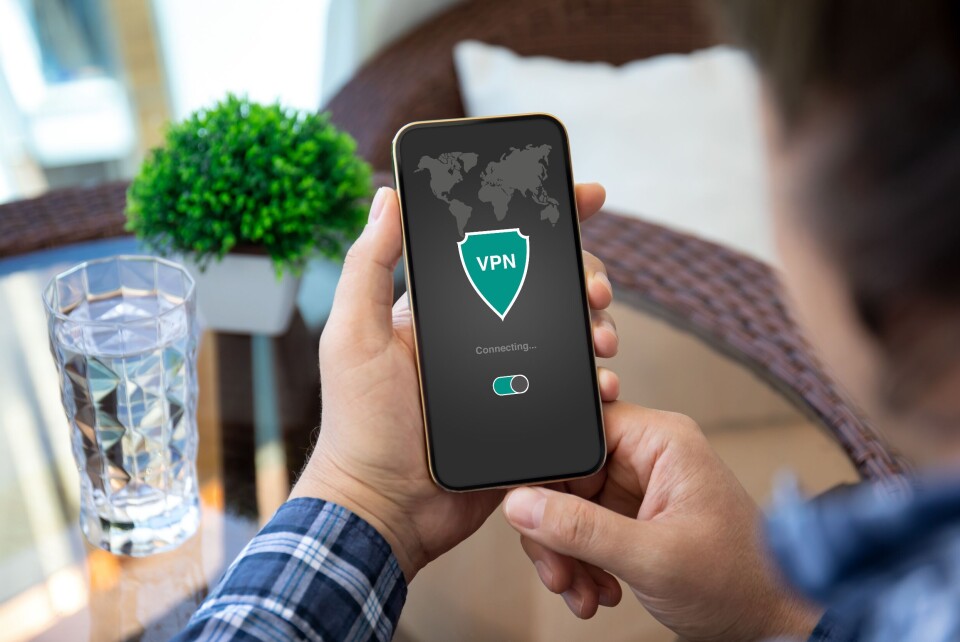-
Is compensation available for people injured in public in France?
Victim must show that the accident occurred in a publicly accessible area and that it caused physical harm or financial loss
-
Can a French bank account be opened before moving?
Online and physical banks compete with brokers in finding best solution for those on the hunt for a property
-
90/180 days rule: Can visa-free days be used to enter France before start of visa?
Be wary of spending too much time in France or you may be seen as a tax resident
Is it legal to use a VPN to watch TV in France?
Virtual private networks can allow you to watch TV from your home country while in France

Reader question: I have heard I can use a VPN in France to watch television shows in the UK or US, which are not available here. Are they illegal?
For those who do not know, a VPN (virtual private network) is a tool that can hide information – most notably your computer’s identifying IP address – when using your computer, phone, or laptop.
A VPN can hide your location and better encrypt data from your computer, masking details from websites you visit or internet providers.
They are often used to bypass restrictions on visiting certain websites or as a security measure when using your computer on a public WiFi network.
Are they legal in France?
Although this may sound dubious legally, VPNs are commonly and widely used.
People use VPNs for security – for example, if working with sensitive information on their laptop in public, they will use a VPN for extra protection.
Some companies even require workers to install VPNs on their computers if working outside the office.
In France, VPNs are legal to use and download. They are illegal in China, Iraq, Russia and some other countries.
You will often see adverts for VPNs on social media or advertised on websites such as YouTube. You can use them for just a few euros a month.
They can come as browser extensions or as separate software to install on your device.
How do you use them to watch television?
Another benefit of using a VPN is hiding your IP address, which shows from where you are connecting to the internet.
VPNs allow you to route your connection via another country and give the impression of being located there. A lot of people use this to access content they cannot in their current country, such as VOD (video on demand) services.
For example, if you open up Netflix from France without a VPN you will get the ‘French’ version, which has a number of shows specific to France.
If you open up Netflix from France using a VPN set to the UK or the US, however, you will see the shows available to watch in that country.
Most VPN services offer connections from multiple countries (UK, US, Germany, Canada, etc) meaning you can look for content from a range of different places.
Read moreMillions of French homes cannot access high-speed internet, says study
Is this a legal way to use a VPN?
This is a little bit more of a grey area, although in short, it is not illegal to use a VPN this way.
Because of the widespread use of VPNs, it is highly unlikely a country such as France will ban them, meaning the onus is on content streaming sites (such as Netflix) to improve their defences against VPN users should they wish.
There are no laws against using VPNs to access foreign content, nor set punishments for doing so.
It is important to note, however, that although it is technically legal to use a VPN to access content, downloading content as a file onto your computer or distributing may be illegal if it breaks intellectual property laws.
In addition although it is much harder for governments and security agencies to track VPN users, it can still be done, so they can potentially still see illegal activities committed when using a VPN.
In extreme cases, governments can ask VPN companies to hand over data showing criminal activity taking place.
Related articles
How to get better UK satellite TV reception in France
Tip: How to save money on Netflix and other streaming offers in France
Scam alert: Watch out for fake QR codes in France
























